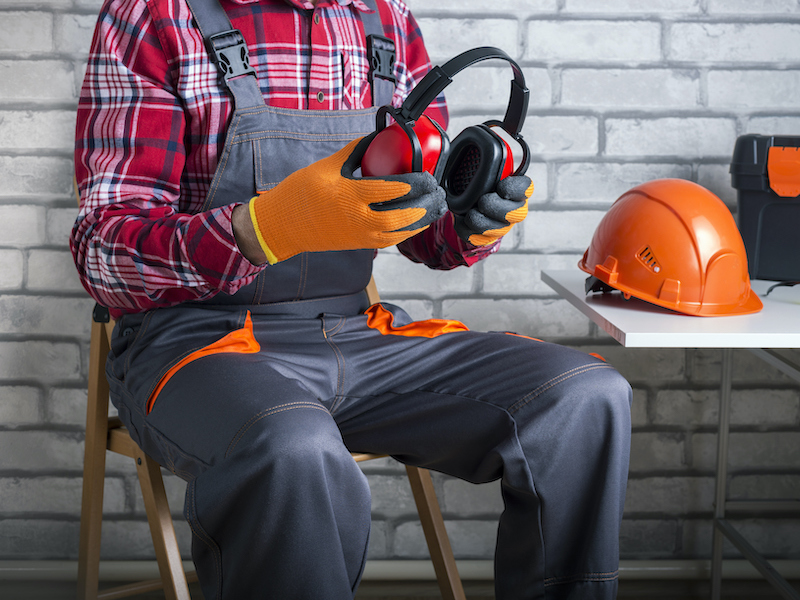
Your ability to hear is valuable – once you lose it, the chance of getting it back in its natural form is not likely. But strangely, the general public tends to disregard hearing loss. As a matter of fact, permanent hearing loss affects one out of eight people (nearly 30 million people) over the age of 12 in the United States alone.
While there are treatments that can help you regain your hearing, like hearing aids, it’s such a simple thing to protect your ears from the start to prevent unnecessary hearing loss.
Here are five easy ways that you can safeguard your hearing:
Earbuds should be avoided
Earbuds have been a mobile device accessory since the early 2000s and are one of the greatest threats to hearing. Almost every smartphone available comes with a set of these little devices that sit snugly in your ear and pump sound directly into your ear canal. You can get irreversible hearing damage by listening to a movie or music on your mobile device at max volume for just 15 minutes. The better option would be to get a pair of earmuff-style headphones that go over your ears, which is made even better if you can find a set that has noise-canceling technology. Sticking to the 60/60 rule, which suggests a maximum volume of 60% for no higher than 60 minutes per day, is another safety measure to safeguard your hearing.
Keep your volume low
Your hearing can be harmed by other things besides earbuds. If you routinely listen to the radio or TV at high volumes over sustained periods, your hearing can also be damaged. Shooting ranges, concerts, construction zone, and other noisy settings should be avoided. It might be impractical to completely avoid these settings particularly if they’re part of your job. If that’s the situation, then you’ll want to take note of the next item on the list.
Hearing protection will be helpful
Hearing protection is crucial if you work in an environment or enjoy hobbies that expose you to loud noises. Hearing loss can happen in just 15 minutes at 85 decibels. Compare that to the following:
- The average firearm discharge clocks in at 149 decibels, which is multiplied and amplified over the course of a one hour visit to an indoor shooting range
- The majority of concerts are between 100 and 120 decibels with headliners commonly playing for about an hour and 20 minutes
- The noise of a construction site can be above 130 decibels and many workers spend 40 or more hours a week there
The takeaway here is that you should get yourself some sort of hearing protection like earmuffs or earplugs if you take part in any of these activities.
Take auditory breaks
Sometimes giving your ears a rest is the best thing you can do. Even if you use ear protection, if you are subjected to loud sounds like these for extended periods, you should take some quiet breaks to give your ears a chance to rest. So after you leave a concert, you most likely shouldn’t jump into your car and crank music.
Check your medicine
Your medicine may actually have a significant effect on your hearing. There are certain medications that have been proven to cause hearing loss including certain heart and cancer medicines, aspirin, antibiotics, and anti-inflammatory medicine. The good news is that medication-related hearing loss isn’t common and is more likely if you use two or more of those medications together making it easier to prevent.
Are you suffering from hearing loss and want to seek out new treatment? Make an appointment with us for a hearing assessment.
Resources
https://www.cdc.gov/nceh/hearing_loss/how_does_loud_noise_cause_hearing_loss.html
https://armeddefense.org/hearing-protection
https://www.uofmhealth.org/health-library/tf3092